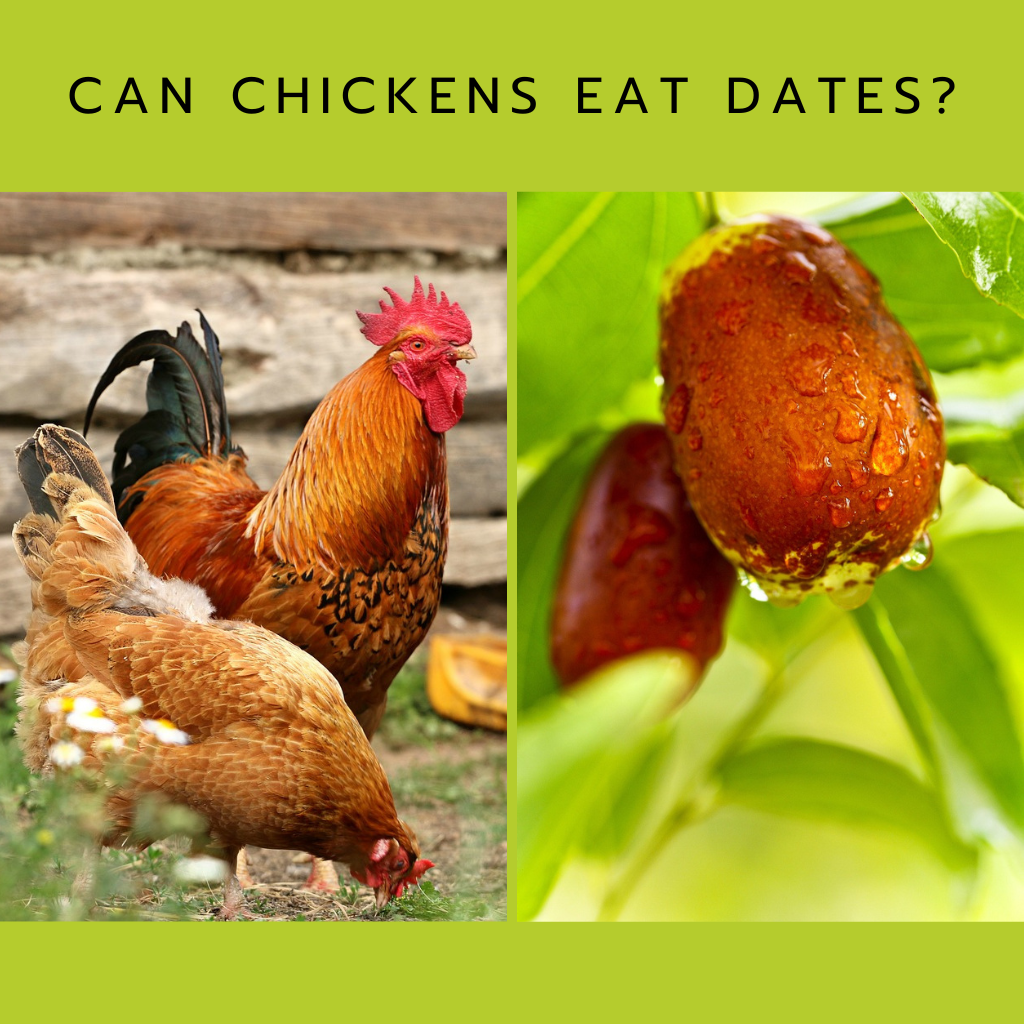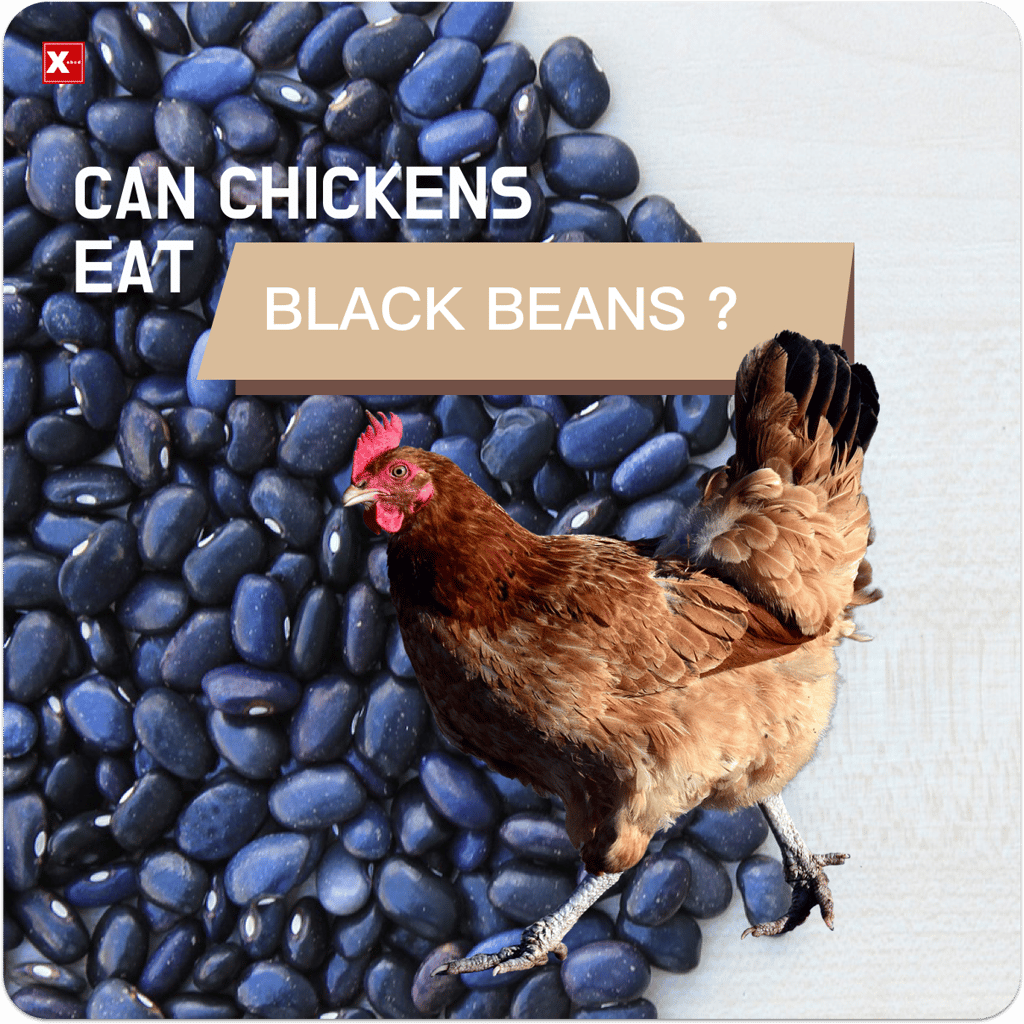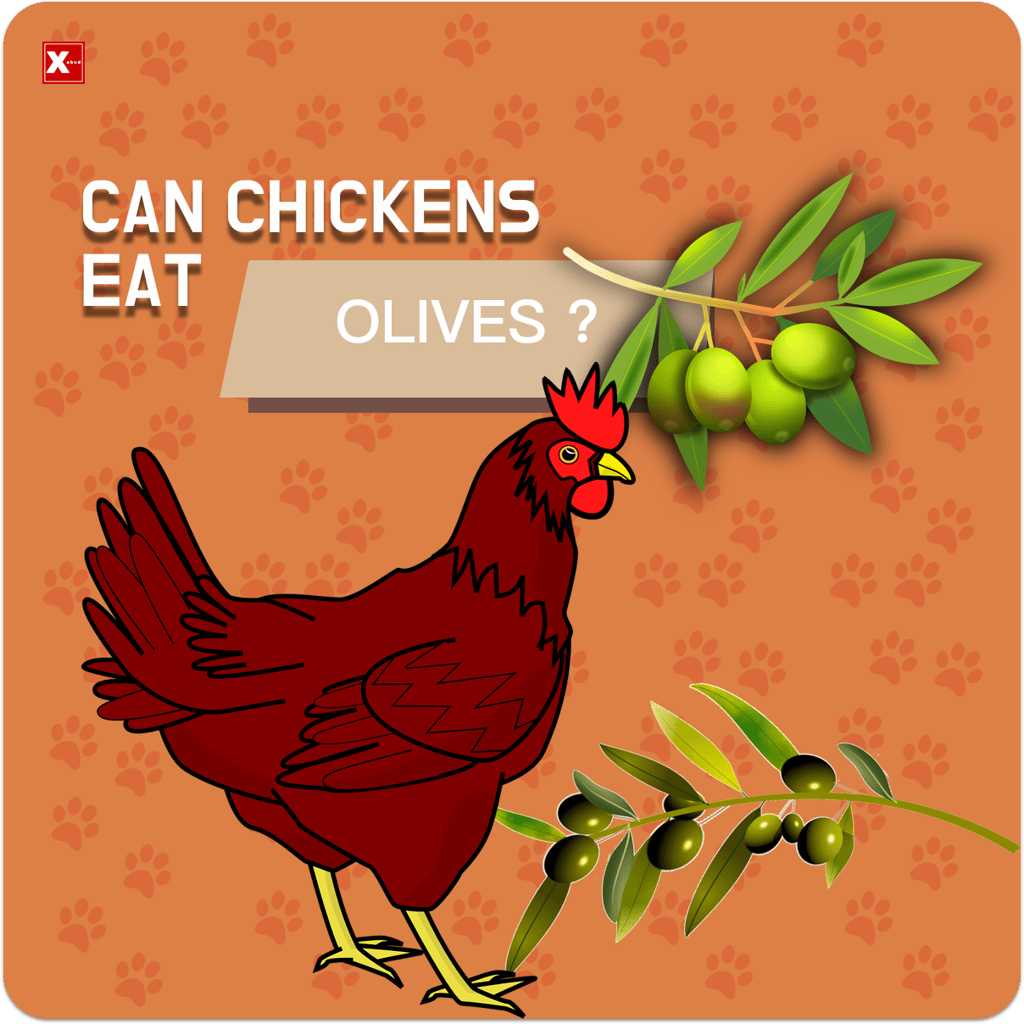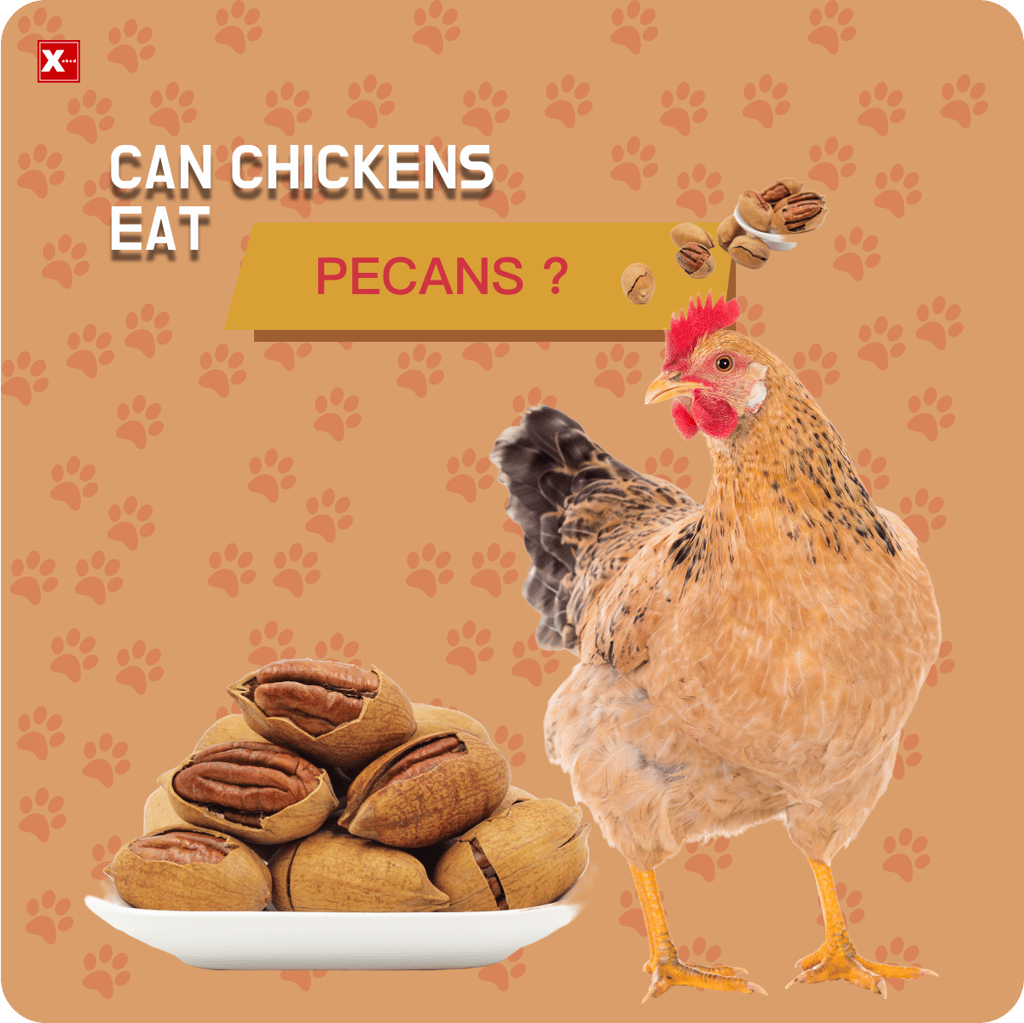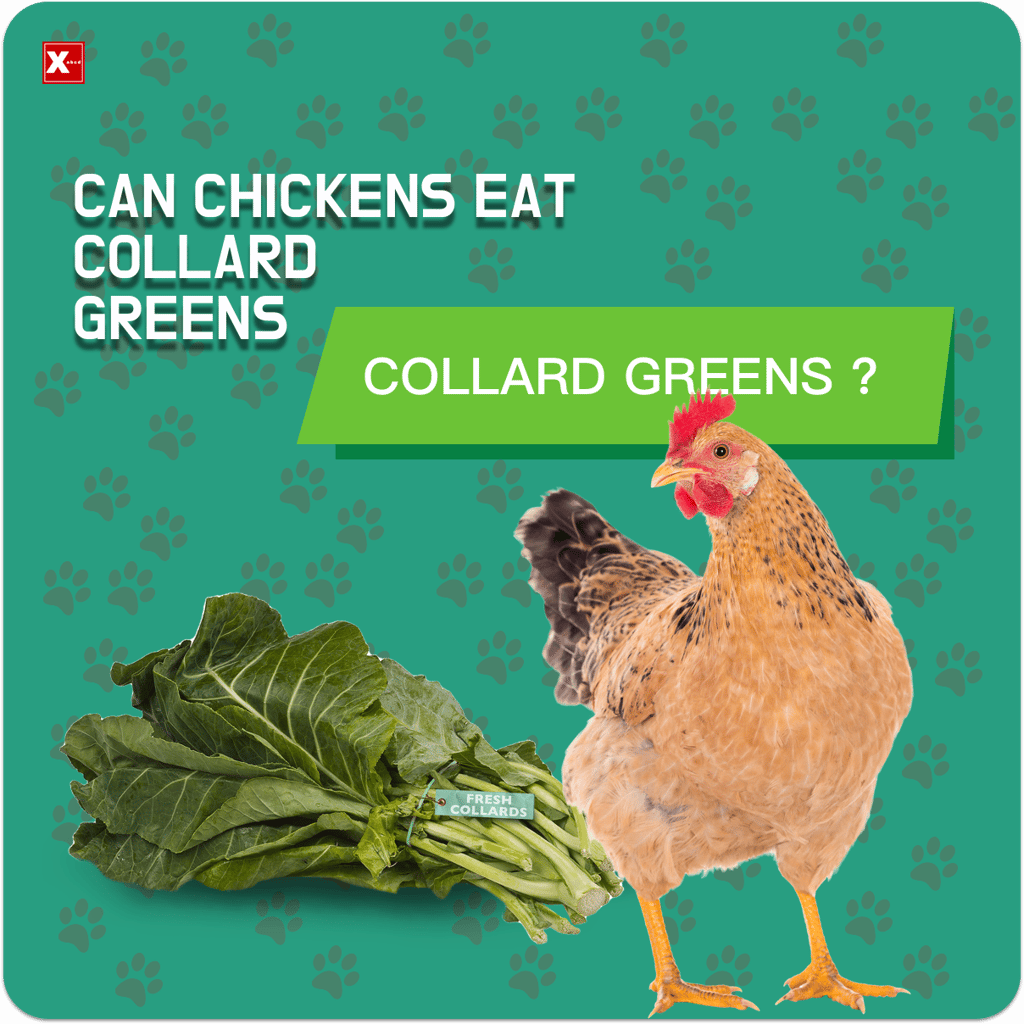When feeding chickens, it is essential to provide them with a balanced diet. Many chicken owners wonder if it's safe to feed their feathered friends dates. Simply put, dates are fine to feed to chickens as a snack or supplementary food, but not as a staple in their diet. In this article, we’ll delve into the topic of whether chickens can eat dates and explore the potential benefits and precautions of adding dates to your diet.
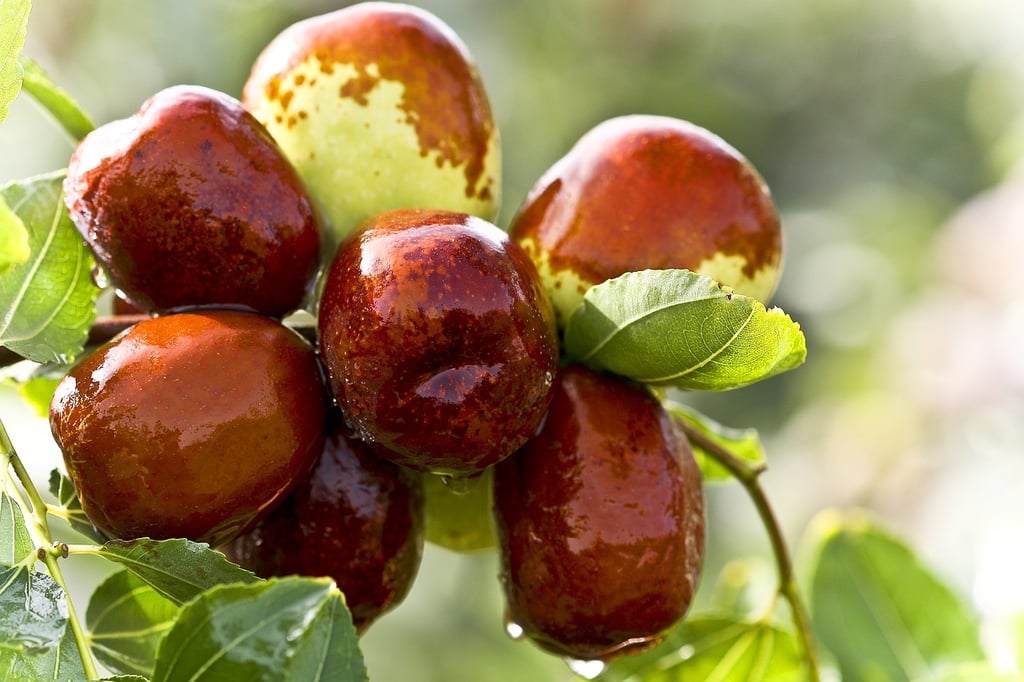
1. Nutritional Value of Dates
When considering adding dates to the diet of chickens, understanding their nutritional value is essential. Dates are packed with various essential nutrients that can offer potential benefits to chickens.
Dates are an excellent source of energy for chickens due to their high sugar content. They contain natural sugars like fructose and glucose, which are easily digested and provide quick energy boosts to our feathered friends. This natural energy source can be particularly beneficial during colder months or when chickens are molting.
In addition to energy, dates also contain a range of essential vitamins and minerals that are crucial for the overall health and well-being of chickens. They are rich in potassium, which plays a vital role in maintaining healthy hearts and nerve function. Dates also contain significant amounts of vitamin B6, which aids in protein metabolism and helps support the development of red blood cells.
- High sugar content provides quick energy boosts
- Rich in potassium for heart health and nerve function
- Contain vitamin B6 for protein metabolism
Furthermore, dates are a good source of dietary fiber. Fiber is crucial for maintaining a healthy digestive system in chickens. It aids in promoting proper digestion and can help prevent issues such as constipation. Incorporating fiber-rich foods like dates into a chicken's diet can contribute to their overall digestive health.
Not only are dates nutritious, but they also offer antioxidant properties. Antioxidants help protect cells from damage caused by free radicals and can potentially boost the immune system of chickens. By including dates in their diet, chickens may experience improved overall health and increased resistance to illnesses.
However, despite their nutritional benefits, it's important to remember that dates should only be given to chickens in moderation. While dates offer essential nutrients, they are also high in sugar, which can lead to weight gain and other health issues if overfed. It's crucial to strike a balance and offer dates as a treat rather than a staple in the chicken's diet.
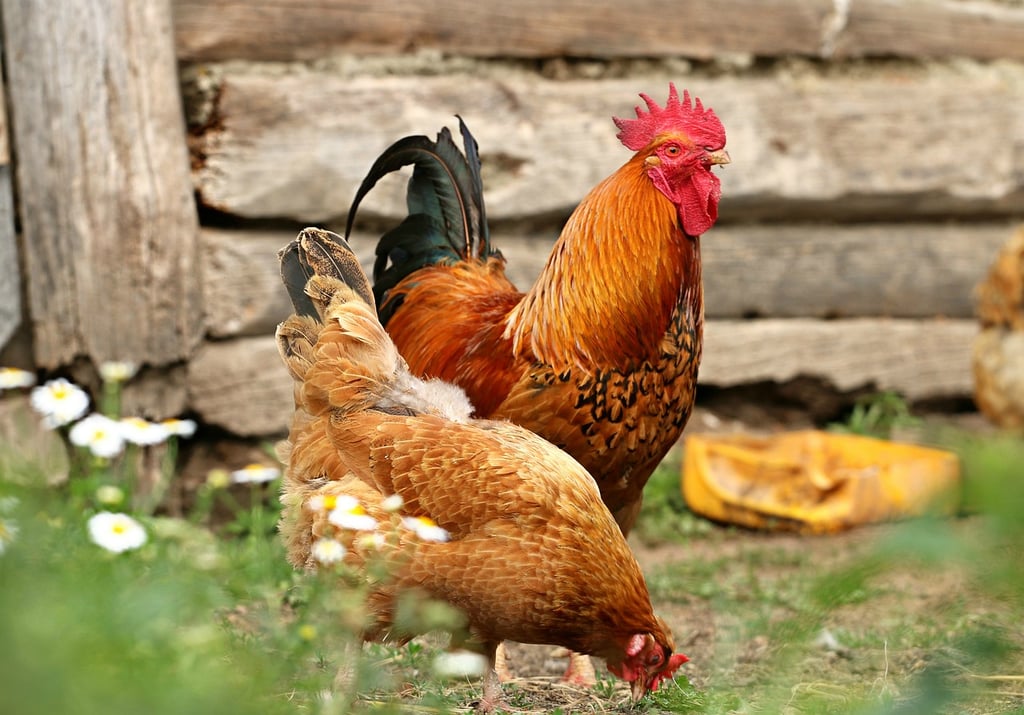
2. Can Chickens Digest Dates?
Let's explore whether chickens can effectively digest dates, one of the key considerations when determining if this fruit is suitable for their diet.
Chickens have a unique digestive system designed to break down grains, seeds, insects, and plant materials. Their digestive tracts include the crop, an enlargement of the esophagus where food is temporarily stored, and the gizzard, a muscular organ responsible for grinding food particles.
When it comes to dates, chickens can indeed digest them, but there are a few factors to consider:
- Texture: Dates are relatively soft and chewy, making them easier for chickens to break down compared to harder foods.
- Fiber Content: Dates are a good source of dietary fiber, which helps support healthy digestion in chickens.
However, despite chickens being capable of digesting dates, it's important to remember that their primary diet should consist of a balanced feed specifically formulated for their nutritional needs. Dates should only be offered as an occasional treat or supplement, rather than a staple food.
Furthermore, it's crucial to consider the manner in which dates are offered to chickens. Whole dates can pose a potential choking hazard, especially for smaller chicken breeds or young chickens with limited jaw strength.
To mitigate this risk, it's recommended to chop or mash the dates into smaller pieces before offering them to your chickens. This ensures that the fruit is easier for chickens to consume and reduces the likelihood of choking incidents.
Ultimately, while chickens can digest dates and may enjoy them as a treat, it's essential to approach their inclusion in the diet with moderation and caution. Prioritizing a balanced and appropriate feed, supplemented with occasional treats like dates, will help maintain the overall health and well-being of your feathered friends.
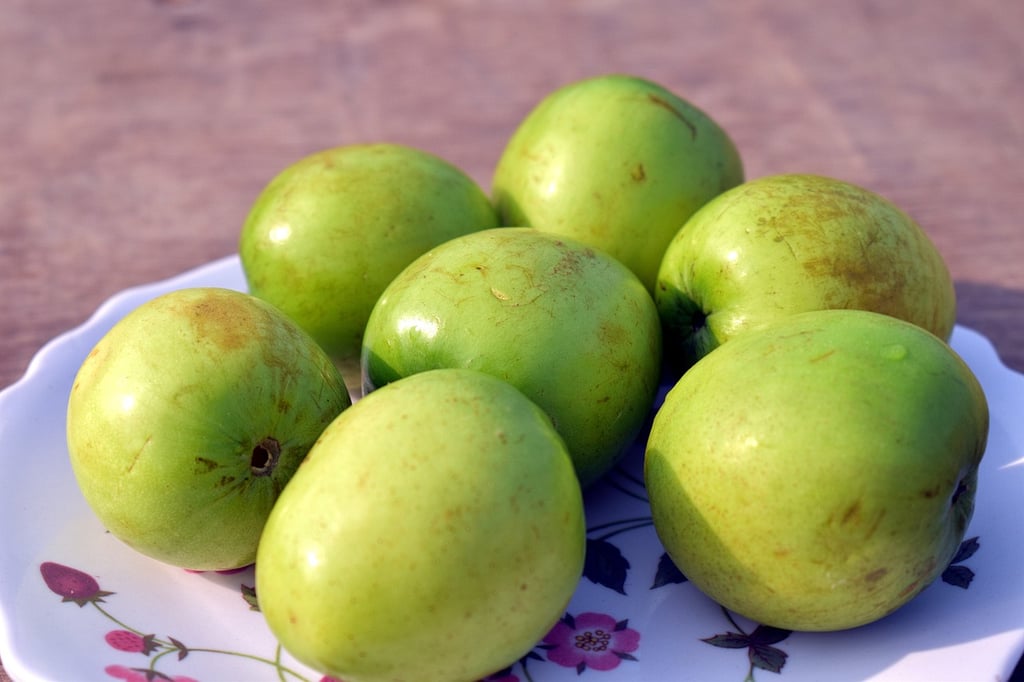
3. Potential Benefits of Feeding Dates to Chickens
When it comes to the potential benefits of feeding dates to chickens, there are a few important factors to consider. Dates are known for their natural sweetness and are packed with essential nutrients that can complement a chicken's diet. Here are some potential benefits:
- Added nutritional value: Dates are a rich source of vitamins and minerals, including potassium, calcium, iron, and magnesium. These nutrients are important for maintaining a chicken's overall health and supporting optimal egg production.
- Increased energy: Dates are a concentrated source of carbohydrates, which can provide chickens with quick energy. This can be especially beneficial during colder months or when chickens are going through periods of stress, such as molting or recovering from an illness.
- Improved digestion: Dates contain dietary fiber, which can help regulate the digestive system of chickens. Fiber aids in proper digestion, prevents constipation, and keeps the intestinal tract healthy.
- Enhanced immune system: Dates are also packed with antioxidants that can boost a chicken's immune system. This can help protect chickens from common illnesses and infections, keeping them healthier and more resistant to diseases.
- Promote feather health: The high content of vitamins and minerals found in dates may contribute to the overall health of a chicken's plumage. Beautiful, healthy feathers are not only aesthetically pleasing but also serve as a protective barrier for chickens.
While these benefits are enticing, it's crucial to remember that treats like dates should only be offered in moderation. While they can be a valuable addition to a chicken's diet, the majority of their nutrition should come from a well-balanced feed specifically designed for poultry. As with any treats, excessive feeding of dates may lead to health issues such as obesity or digestive upset. Thus, it's essential to practice moderation and consult with a veterinarian or poultry nutritionist for specific dietary advice.
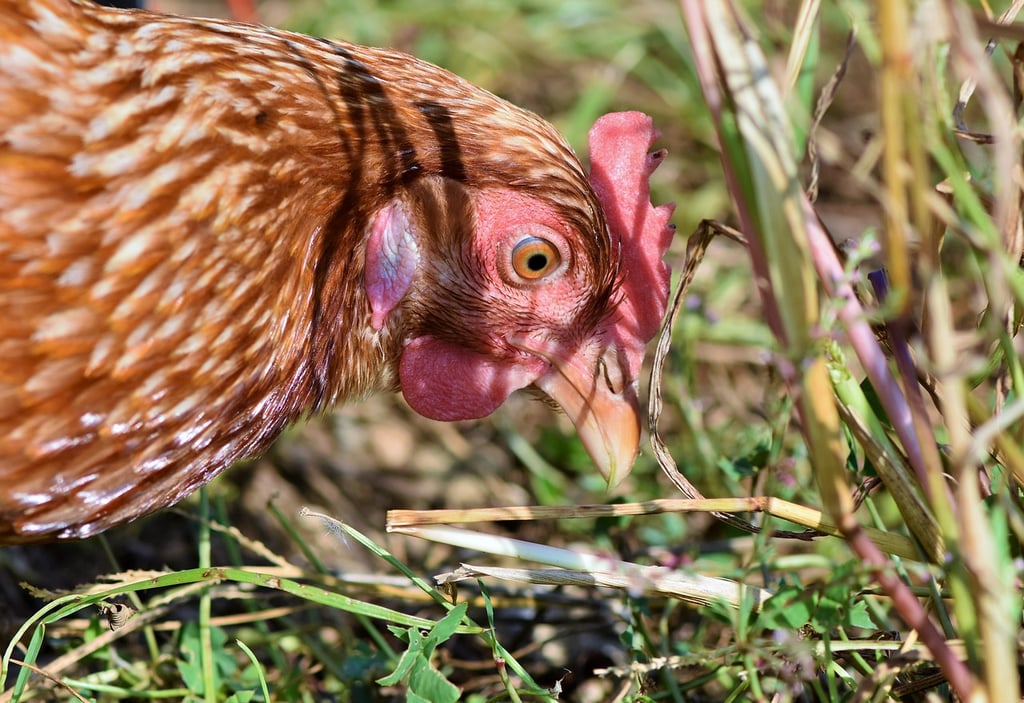
4. Moderation is Key
Incorporating dates into a chicken's diet can provide them with a variety of nutrients, but it's crucial to remember that moderation is key. While dates can offer health benefits, overfeeding chickens with this sweet treat can lead to potential issues. Here are a few important points to consider when it comes to practicing moderation:
- Balanced Diet: Just like humans, chickens require a well-balanced diet to maintain their overall health. Dates should be offered as a supplement rather than a staple in their diet.
- High Sugar Content: Dates are naturally high in sugar, which can be problematic if chickens consume them excessively. Too much sugar can lead to weight gain, digestive problems, and even diabetes in chickens.
- Obesity Concerns: Chickens should maintain a healthy weight to ensure their optimal well-being. Overfeeding them with dates or any other treats can contribute to obesity, which can lead to various health issues, including heart problems and decreased egg production.
It's crucial to give chickens a varied diet that includes a mix of grains, vegetables, fruits, and protein sources. Dates can be a part of this diverse diet but should be offered sparingly to prevent any negative consequences. Remember, chickens rely on their owners to make informed decisions about their diet and well-being.
While dates can be a healthy and tasty treat, it's important to monitor the quantity of dates provided to chickens. Limiting it to a few small pieces per chicken per week is generally a safe approach. By practicing moderation and providing a balanced diet, chicken keepers can ensure their flock stays happy and healthy.
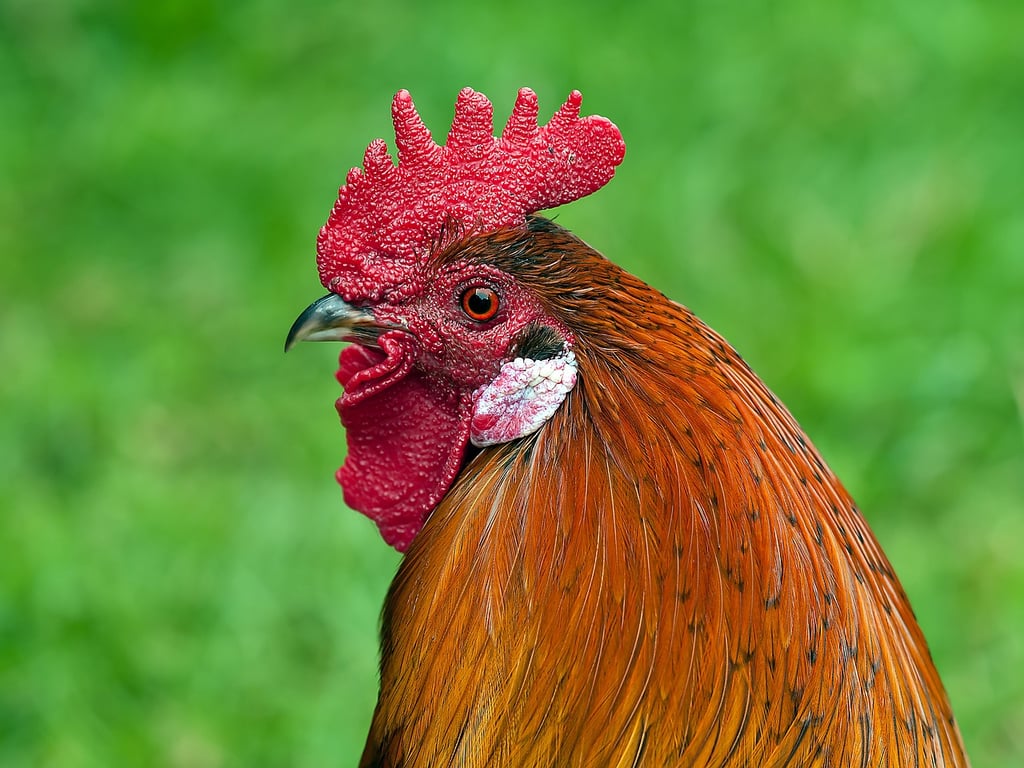
5. Choking Hazard Concerns
While dates can provide some nutritional benefits to chickens, it's essential to be aware of potential choking hazards that they may pose. Chickens have a relatively simple digestive system and can easily choke on food items that are too large or have a sticky texture. Here are some considerations to keep in mind:
- Size of the Dates: The size of the dates is a crucial factor to consider. Whole dates, especially those that are large and firm, can pose a choking hazard to chickens. It's best to avoid feeding them whole dates, as they can get stuck in their throat or digestive tract.
- Pit Removal: Another choking hazard is the pit or seed present in the center of the date. These pits are hard and can be difficult for chickens to break down or swallow. Always ensure to remove the pits before offering dates to your flock.
- Cutting into Smaller Pieces: To minimize the risk of choking, it's advisable to cut the dates into smaller, bite-sized pieces. This makes it easier for the chickens to consume and digest the fruit without any issues.
It's important to closely monitor your chickens when introducing new foods like dates into their diet. Observe their eating habits and behavior to ensure they are able to handle the food safely. If you notice any signs of distress or choking, remove the food immediately and provide them with fresh water to help in clearing their throat.
Furthermore, always provide access to clean water when offering treats or any new food items to chickens. Water helps in aiding digestion and can also help if any choking or discomfort occurs.
Remember, the health and safety of your chickens should always be a top priority. While dates can be enjoyed by chickens in moderation, it's crucial to minimize the risk of choking and ensure their well-being. By following these precautions and guidelines, you can safely incorporate dates into your chicken's diet as a tasty and nutritious treat.
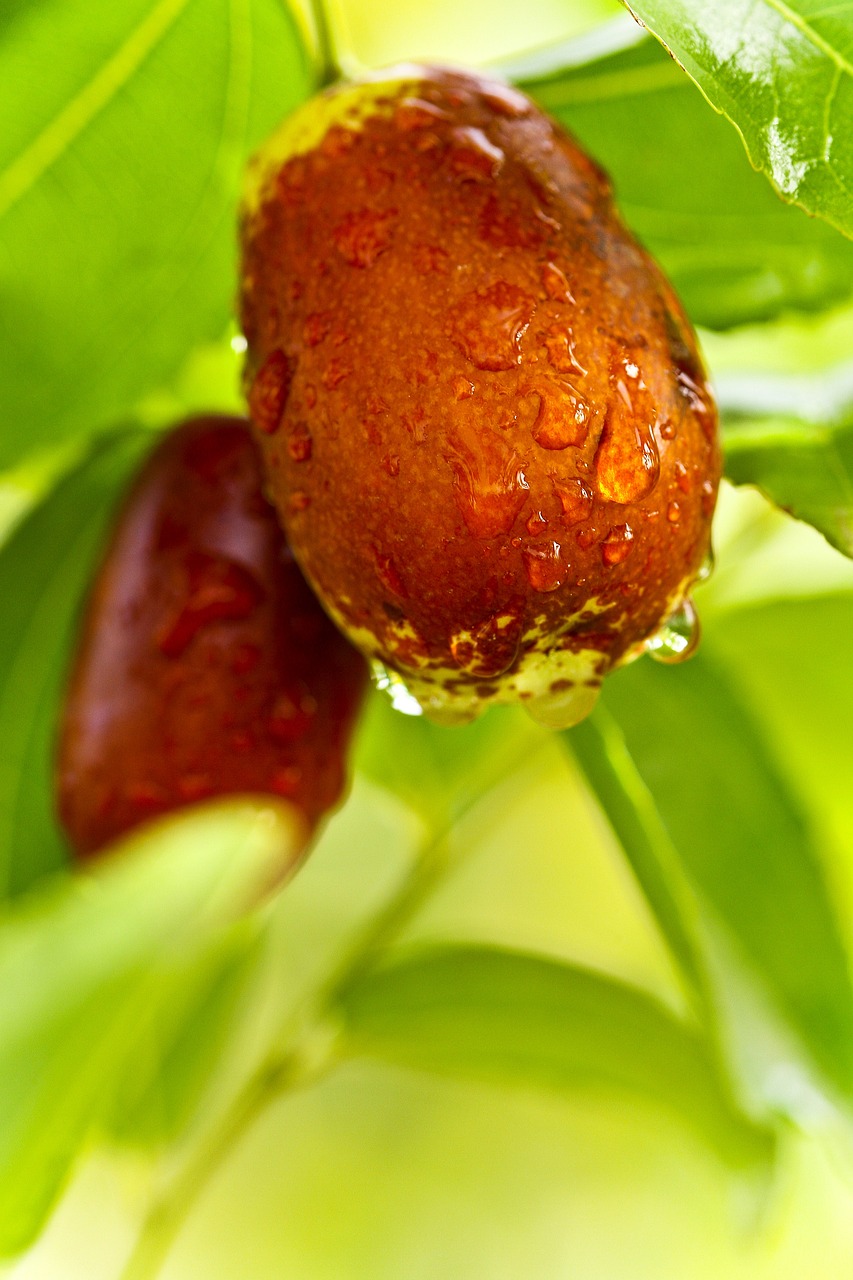
6. Precautions for Feeding Dates to Chickens
While dates can offer several nutritional benefits to chickens, it is important to take certain precautions before incorporating them into their diet. Here are some essential considerations to keep in mind:
- Avoid excessive feeding: Dates should be offered as occasional treats rather than a regular part of a chicken's diet. Too many dates can lead to an imbalance in their nutritional intake.
- De-pit the dates: Prior to feeding dates to chickens, it is crucial to remove the pits or seeds. The pits can pose a choking hazard, and chickens may struggle to digest them properly.
- Consider the size: When giving dates to chickens, it is best to chop them into small, manageable pieces. This ensures easy consumption and reduces the risk of choking.
- Introduce gradually: If you're introducing dates to your chickens' diet for the first time, start with small amounts. Monitor their reaction and make sure they tolerate dates well before increasing the quantity.
- Watch for digestive issues: Some chickens may be more sensitive to new food items than others. Monitor their droppings and behavior closely after introducing dates. If you notice any digestive issues, such as diarrhea or constipation, discontinue feeding dates and consult a veterinarian if necessary.
- Varied diet: While dates can be a tasty treat, it is crucial to offer chickens a diverse diet that includes grains, fruits, vegetables, and protein sources. This ensures they receive all the necessary nutrients for their overall health.
By following these precautions, you can safely incorporate dates into your chickens' diet, allowing them to enjoy the occasional sweetness while maintaining their well-being. Remember, moderation and careful monitoring are key when introducing any new food to your feathered friends!
7. Incorporating Dates into the Chicken's Diet
When it comes to incorporating dates into a chicken's diet, it's important to do so in a controlled and balanced manner. While dates can be a nutritious treat for chickens, they should be given in moderation and alongside other appropriate food sources. Here are some tips on how to incorporate dates into your chicken's diet:
- Chop and mix: To make dates more accessible to chickens, chop them into small, bite-sized pieces. Mixing them in with their regular feed or scattering them around the coop can encourage foraging behavior and provide mental stimulation.
- Treats, not staples: Remember that dates should be considered treats and not a staple in your chicken's diet. They should never replace their main source of nutrition, which should consist of a balanced commercial chicken feed.
- Variety is key: Chickens thrive on a diverse diet, so make sure that dates are just one component of their treat options. Consider offering other healthy treats such as leafy greens, vegetables, and occasional grains.
- Quantity control: It's essential to control the quantity of dates given to chickens. Too many dates can disrupt their nutritional balance and potentially lead to obesity or digestive issues. Start with small amounts and observe how your chickens respond.
- Avoid sugary varieties: Dates come in different varieties, some sweeter and stickier than others. It's best to avoid excessively sugary dates, as they may not be as beneficial for chickens and can contribute to weight gain.
Overall, incorporating dates into a chicken's diet can be a tasty and nutritious addition, as long as it is done in moderation and alongside a balanced feed. Remember to consider the specific needs and health conditions of your chicken flock, and always monitor their response to any dietary changes. With proper care and attention, chickens can enjoy the occasional delight of dates as part of their varied diet.
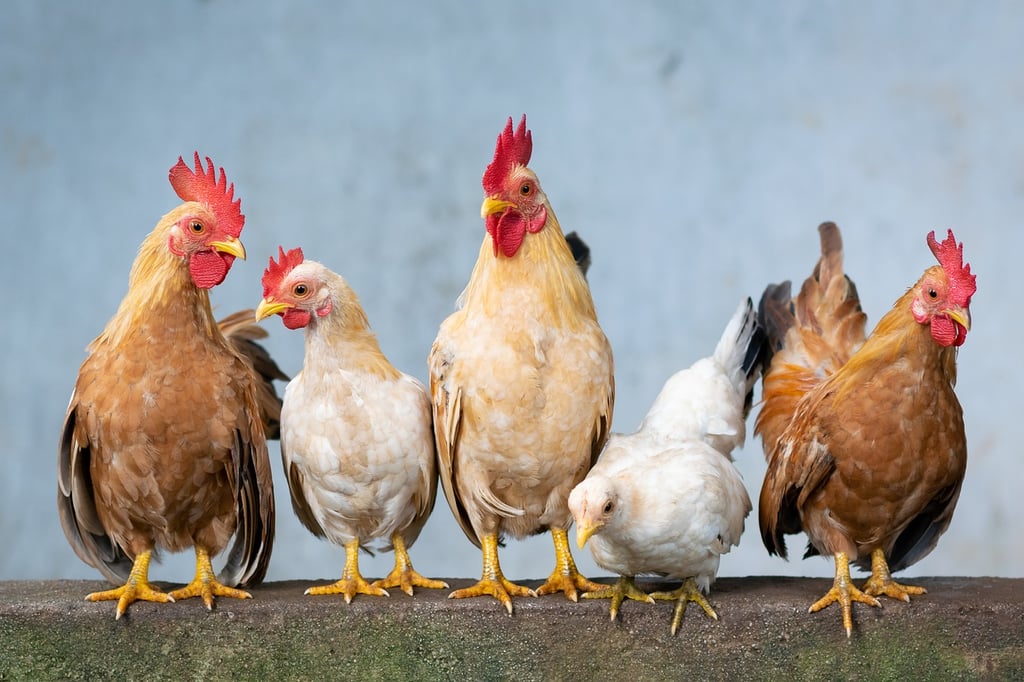
8. Other Treats for Chickens
When it comes to treating our chickens, it's always fun to offer them a variety of snacks to keep them happy and entertained. While dates can be a great occasional treat for chickens, it's also essential to explore other options to provide a diverse diet. Here are some other treats that can be safely enjoyed by our feathered friends:
- 1. Mealworms: Mealworms are a protein-rich snack that can be offered to chickens as a special treat. They are a great source of essential amino acids, vitamins, and minerals. However, it's important to ensure that the mealworms are intended for poultry consumption and are not treated with any harmful chemicals.
- 2. Fruits and Vegetables: Just like humans, chickens can benefit from the vitamins and nutrients found in fresh fruits and vegetables. Offer them small pieces of treats like watermelon, strawberries, cucumbers, or carrots as a healthy and refreshing snack. Be mindful of removing any seeds or pits that could pose a choking hazard.
- 3. Grains and Seeds: Chickens enjoy pecking at grains and seeds, which can also provide them with additional nutrients and energy. Treats like cracked corn, sunflower seeds, or cooked rice can be scattered on the ground for chickens to forage and enjoy.
- 4. Leafy Greens: Leafy greens are not only an excellent addition to chickens' regular diet but can also be offered as a tasty treat. Kale, spinach, lettuce, and parsley are some examples of leafy greens that can be given in small quantities to chickens.
- 5. Yogurt or Cottage Cheese: Dairy products like plain yogurt or cottage cheese can be offered to chickens in small amounts occasionally. These treats provide a good source of protein and calcium, but be mindful of lactose intolerance in some chickens.
Remember, while treats are a great way to spoil our chickens, they should never replace a well-balanced and nutritionally complete diet. Always offer treats in moderation and avoid overfeeding, as it can lead to obesity and health issues. Additionally, introduce new treats gradually to monitor any potential adverse reactions or digestive upset.
By providing a variety of treats and maintaining a balanced diet, we can ensure that our chickens remain happy, healthy, and enjoying their snack time.
In conclusion, while dates can be a tasty and nutritious treat for chickens, it's important to offer them in moderation and ensure they are properly prepared. Providing a diverse and balanced diet remains crucial for the overall health and well-being of our feathered friends.

